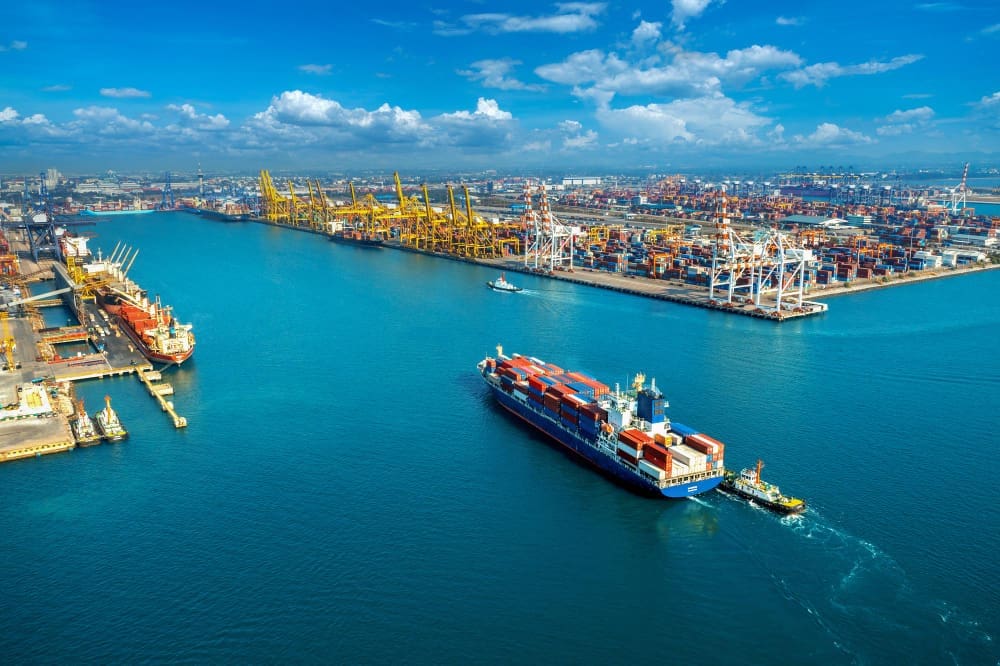The relationship between major U.S. technology companies and the White House has significantly evolved since the inauguration of President Donald Trump. Prominent tech leaders, including Jeff Bezos, Mark Zuckerberg, Tim Cook, and Sundar Pichai, were seen at the ceremony, signaling a closer alignment with the administration in its second term. Previously, these executives had voiced concerns over issues like climate change and immigration, but their presence marked a shift in engagement.
Elon Musk, CEO of SpaceX and Tesla, emerged as a key figure in this new dynamic, contributing nearly $300 million to support Trump’s campaign. He has since assumed a prominent role as an efficiency advisor in the administration. However, the president’s announcement of tariffs, followed by a temporary 90-day pause for negotiations, has placed the technology sector at the center of a potential trade conflict.
The European Union has indicated its readiness to apply pressure on the U.S. by threatening tariffs on services, where the U.S. holds a trade surplus with the EU, in the event of unsuccessful trade negotiations. The European Commission President, Ursula von der Leyen, emphasized the EU’s significance as a lucrative market for tech companies, warning that no firm would willingly forfeit access to it.
The EU is considering measures that could impact major tech firms such as Meta, Google, and Facebook. These developments come in the wake of the Digital Services Act (DSA) and Digital Markets Act (DMA), which have faced criticism from U.S. tech giants since Trump’s administration began. The EU, however, maintains that it will not compromise its digital and technology regulations during trade talks with the U.S.
Investigations under the DSA are ongoing, with a notable case against X for enabling dark patterns and failing to control illegal content. Elon Musk, as CEO of X and an advisor to Trump, could face personal liability for any DSA violations, potentially resulting in significant fines. Meanwhile, the U.S. Federal Trade Commission has accused Meta of abusing its market position, with a trial underway.
Elon Musk’s Starlink, a satellite internet service, is also entangled in the trade dispute. EU countries are increasingly wary of their reliance on Musk’s infrastructure and are exploring ways to reduce strategic dependency. Despite its critical role in conflict zones, Starlink’s higher costs and slower speeds compared to traditional broadband services have limited its presence in European households.
The EU is pursuing its own satellite initiatives, such as the IRIS2 project and Eutelsat, to counterbalance reliance on Starlink. However, these efforts may take time to materialize. Brendan Carr, a commissioner at the U.S. Federal Communications Commission, has noted Europe’s dilemma between U.S. and Chinese technological influence.
Several EU member states, including France and Germany, are contemplating a digital tax as part of their response to U.S. tariffs. French economy minister Eric Lombard suggested regulating Big Tech’s data use, while von der Leyen signaled the possibility of taxing digital advertising revenues. Although a global digital tax was under discussion at the OECD, Trump’s administration halted progress earlier this year.
The EU could also resort to its anti-coercion tool, allowing it to revoke licenses and intellectual property rights from foreign companies. However, imposing taxes on U.S. tech services raises concerns about potential self-inflicted harm to Europe’s economy and questions about the bloc’s technological sovereignty.
The COVID-19 pandemic and geopolitical tensions have prompted the EU to pursue a “tech sovereignty” agenda, aiming to reduce dependency on external regions. Yet, progress has been limited, with the majority of cloud services still dominated by U.S. companies. The EU’s share of the global microchip market remains modest, highlighting continued reliance on other regions.
A collective of EU member states, known as the D9+ countries, have called for enhanced digital competitiveness and tech sovereignty. Dutch Minister for Economic Affairs, Dirk Beljaarts, emphasized efforts to strengthen digital autonomy by developing a sovereign government cloud and reducing dependence on a few technology firms. However, achieving digital sovereignty remains a goal rather than a reality, and targeting U.S. Big Tech could pose challenges to this aspiration.








